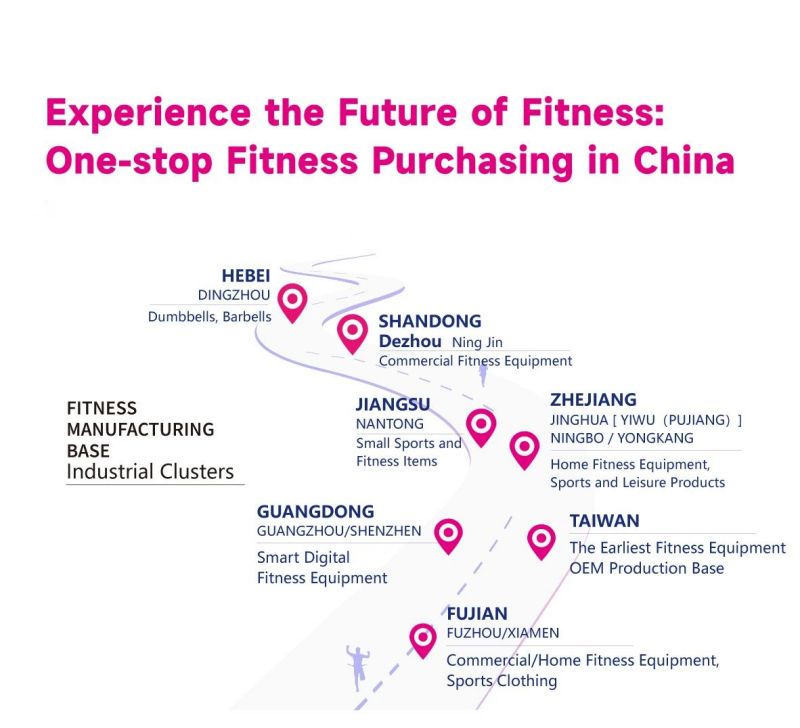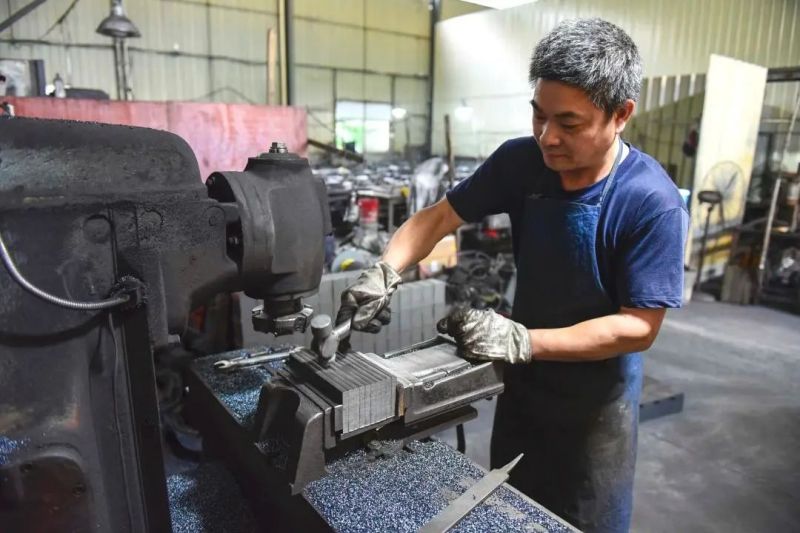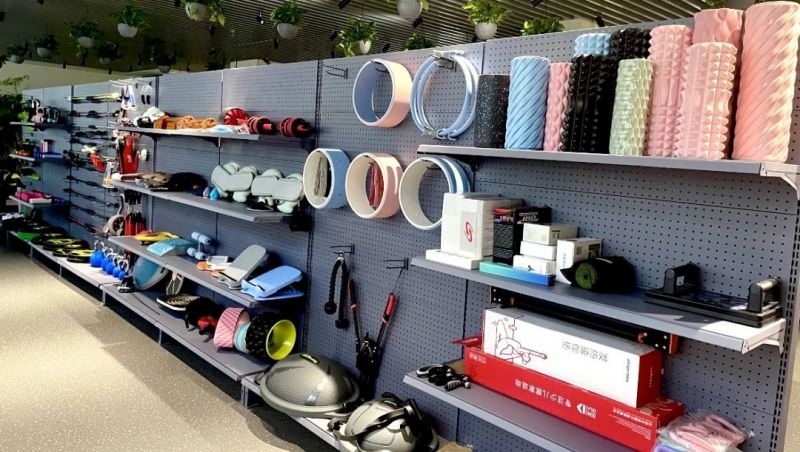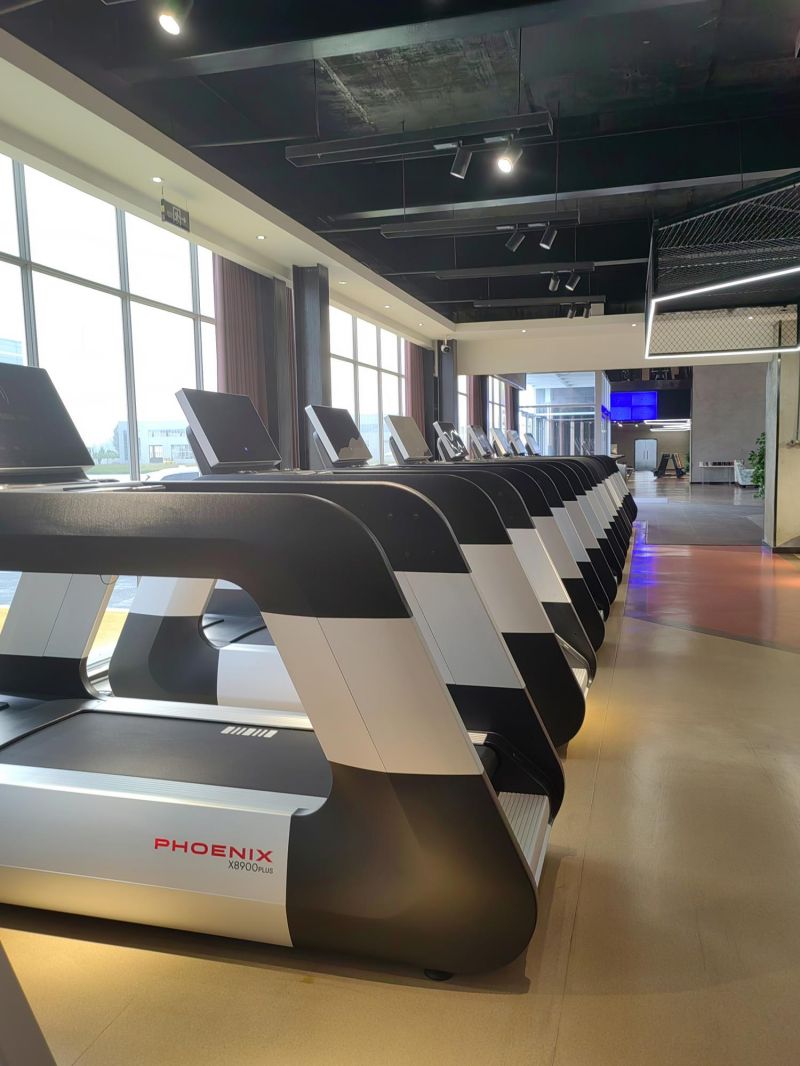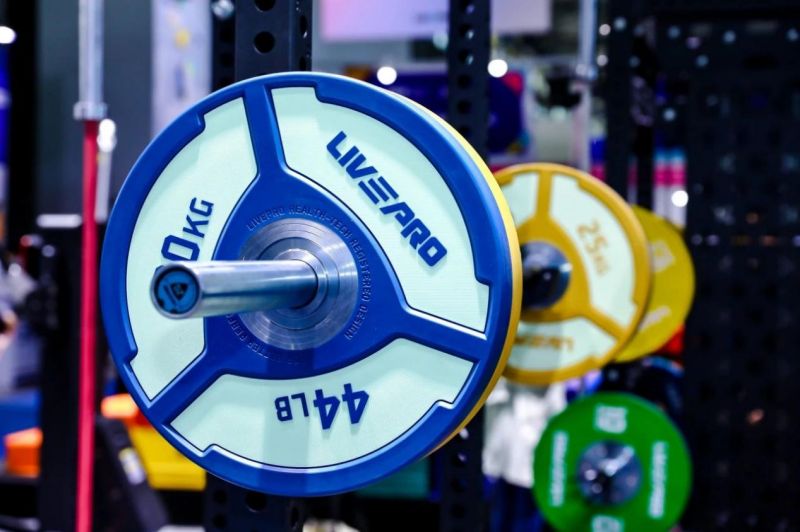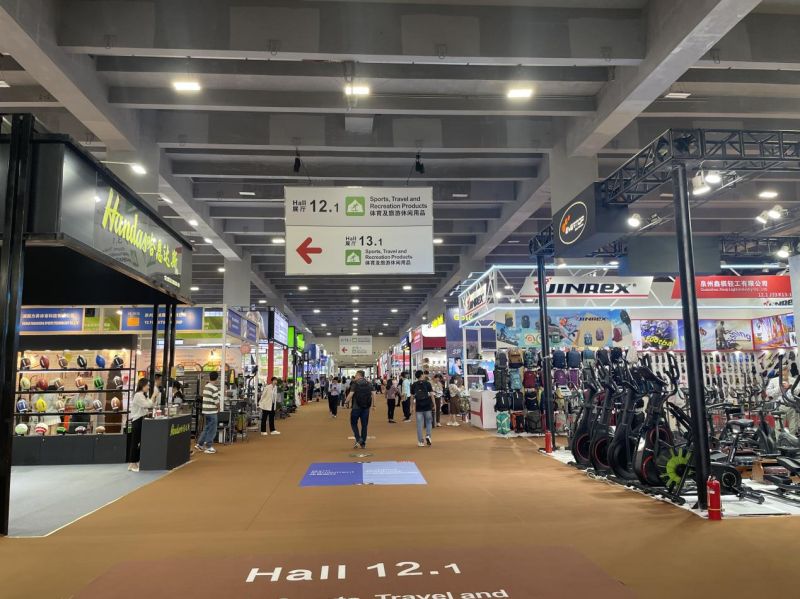Fitness equipment production demands a diverse range of raw materials, often utilizing a make-to-order model. The integrity of the raw material supply chain, timely delivery, and suitability of specifications are crucial for manufacturing enterprises. Close collaboration with upstream component manufacturers is essential.
Additionally, product transportation at the sales stage often relies on proximity to ports or transportation hubs to reduce costs. Consequently, the global fitness equipment industry predominantly converges in regions with abundant resources, comprehensive industry chains, and favorable transportation conditions, epitomized by China. The fitness equipment sector in China increasingly exhibits characteristics of regional industrial clusters, with seven coastal economically developed regions emerging as hubs for the sports goods industry: Shandong, Fujian, Jiangsu, Zhejiang, Hebei, Guangdong, and Taiwan.
Shandong Cluster: Primarily centered in Dezhou, Ningjin, Qingdao, Rizhao, and Zibo, hosting over a thousand fitness equipment companies, specializing in commercial equipment. The cluster has a high concentration of foreign trade and stands as the largest commercial fitness equipment production base in China.
Xiamen Cluster: Xiamen is the country’s largest production and export base for fitness equipment and massage apparatus. It has evolved into Asia’s largest manufacturing and export hub for fitness equipment and is the only nationally designated demonstration zone for the quality and safety of exported fitness equipment.
Nantong Cluster: Nantong, Jiangsu Province, is a hub for functional training equipment, hosting hundreds of small-scale fitness equipment manufacturers specializing in items such as dumbbells, barbells, kettlebells, yoga supplies, and hula hoops, with over 90% geared towards international trade.
Zhejiang Cluster: Comprising Yiwu, Yongkang, and Wuyi, it serves as a hub for China’s home fitness equipment exports and domestic e-commerce supply chains. It’s also a key base for sporting goods manufacturing.
Hebei Cluster: Led by Dingzhou, Hebei specializes in ironwork gym equipment, capturing around 15% of the national market share. Its strength equipment like dumbbells and barbells claims an international market share of approximately 25%.
Guangdong Cluster: Predominantly focused on intelligent and digitalized fitness equipment, the region’s manufacturers and brands represent this niche within the fitness industry. The region also hosts significant sports goods enterprises in Guangzhou and Shenzhen.
Join the 2024 IWF to find more fitness equipment suppliers!
Feb. 29 – Mar. 2, 2024
Shanghai New International Expo Center
The 11th SHANGHAI Health, Wellness, Fitness Expo
Click and Register to Exhibit!
Post time: Jan-06-2024
